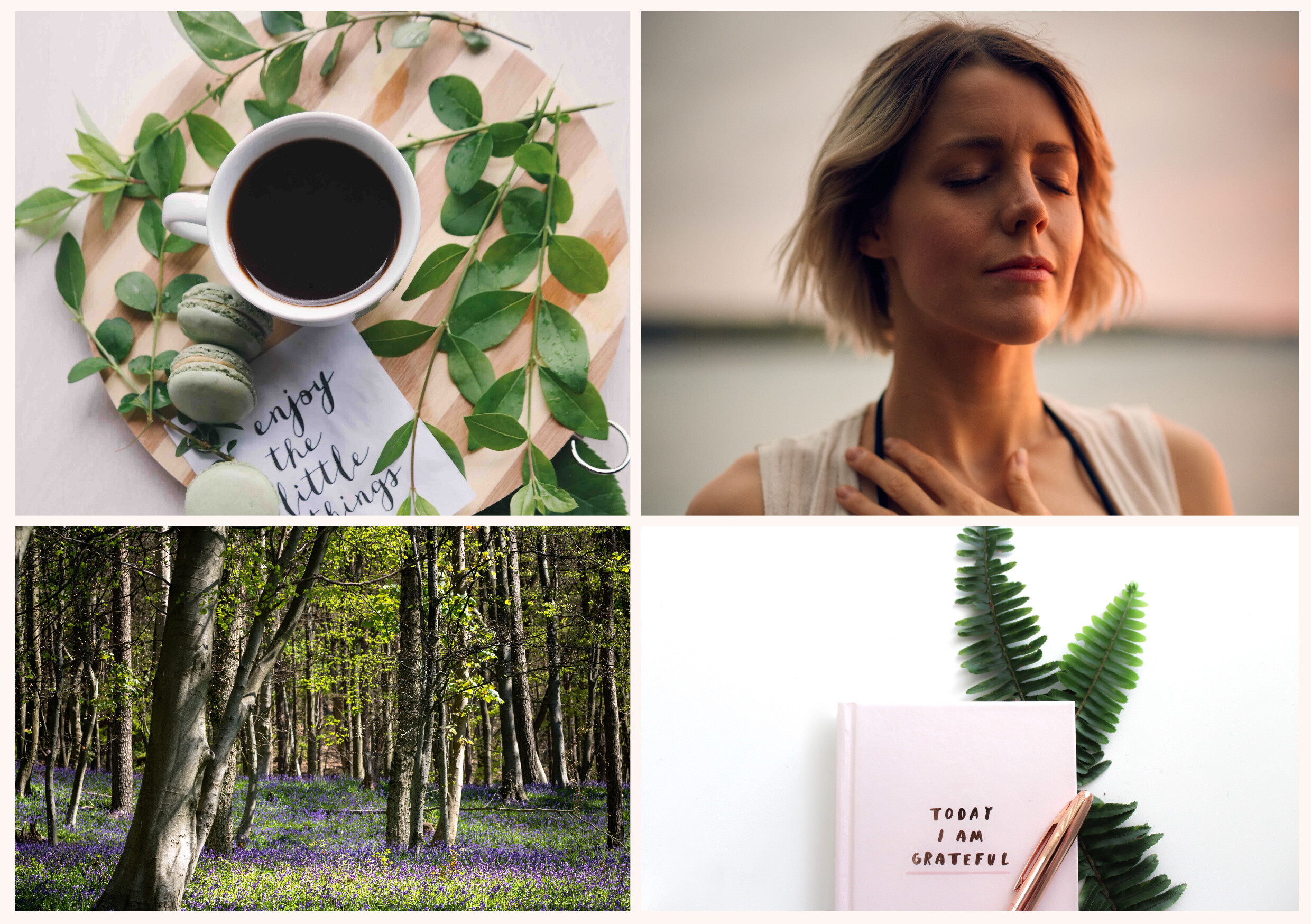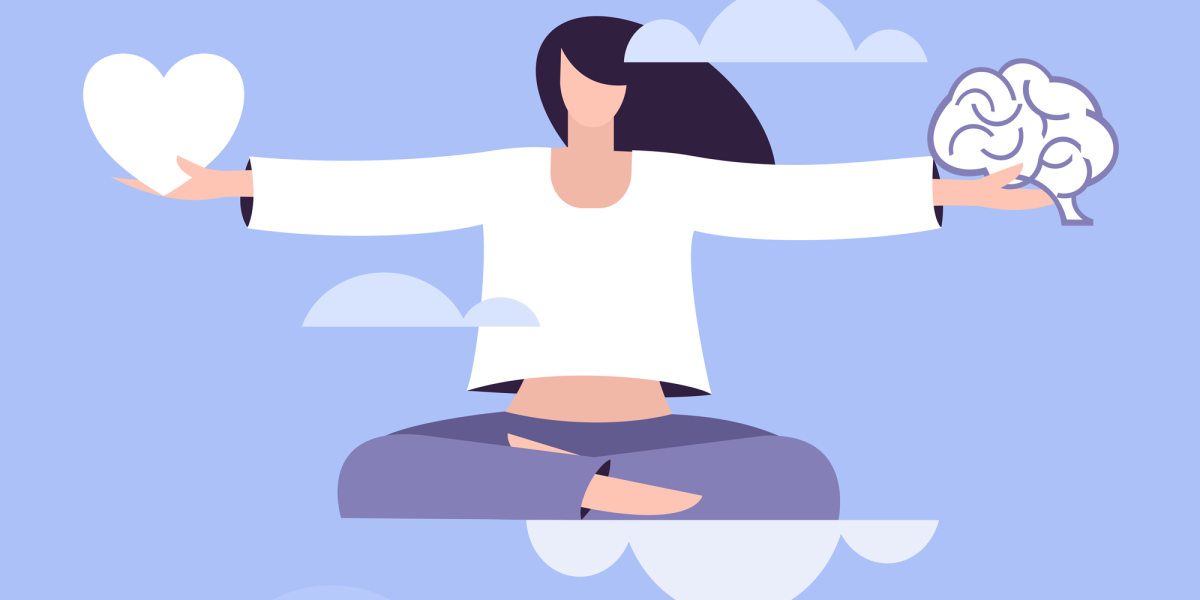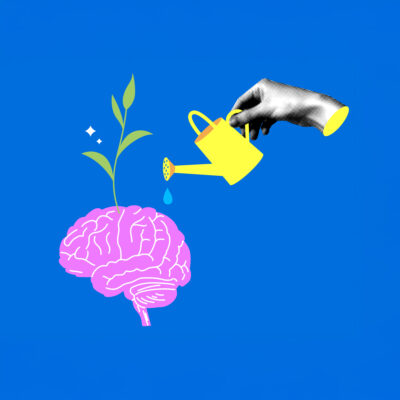Have you ever been told that you’re always distracted, and never present in the moment? Or perhaps that you’re always caught up in something and forget to enjoy life? You might be in need of mindfulness, which is a practice that encourages awareness of oneself in the present moment.
Celebrities like Jennifer Aniston say that they use mindfulness to cope with stress, while Jaden and Willow Smith gave an interview in 2014 equating meditation to breathing.
But how do we do this? Here are seven ways to be more mindful.
1. Meditate
When we think of mindfulness, the mind might automatically picture a person meditating. This could be because mindfulness builds upon traditions in Buddhism, where Buddhists would use a form of mindfulness in their meditation practices.
To meditate, find a quiet place where you feel safe and comfortable, and sit or lie down in his space while being aware of your senses in the present moment. Avoid thinking about the past or future – don’t even think about what you might have for lunch! However, if you do find your thoughts creeping away from the present, simply recentre your mind and once again focus on how you feel in the moment.
You can meditate however often you feel you need to, but regular practice will help make a habit out of mindfulness.
2. Journal
Journaling is different to everyone. It might be keeping a daily diary about your life, or it could be adding to a notepad of doodles that reflect how you feel. As long as it allows you to express your thoughts and emotions, journaling is a positive practice that can help you become more aware of yourself and support you on your mindfulness journey.
3. Detox from technology
Tech is all around us, from our smart watches, to our phones, TVs, laptops and games consoles. It can be hard to escape it, but if you can do so, even just for an hour a day, it can help you free yourself from distractions that may be harmful to your mental health.
Detoxing from technology allows our free time to become just that – ‘free time’. This is time spent doing nothing but engaging in the present moment, which is what mindfulness is all about.

4. Observe your surroundings
When we’re absorbed in a task, or pondering a life that isn’t reflective of our present situation (hey, who doesn’t occasionally fantasise about winning the lottery?), we can often forget that acknowledging our surroundings is part of what keeps us grounded.
Whether taking a walk in the local park or sitting in a sunny window in your home with a cuppa, take a moment to really appreciate the sights, sounds and smells of your environment. You may notice something that you haven’t spotted before, such as a colourful bird in a tree, that makes you thankful for taking a moment for mindfulness.
5. Reset your posture
Our posture not only has an impact on our physical well being and appearance as we age, but it can also affect us mentally. A slumped, inward, weak posture is a sign that you’re not being mindful when it comes to your body, and can be reflective of low mood and confidence. Take a second to sit or stand up straight, put your shoulders back and lift up your chin. You may instantly feel a change in the way you perceive yourself, and how others perceive you.
6. Focus on your breathing
Breathing exercises are often recommended by mental health professionals as a way of helping to quell feelings of anxiety. If you have an issue with anxiety, or worrying about things that are out of your control, becoming more mindful of your breath can help you cope.
Stop whatever you are doing and, whether sitting or standing, slowly breathe in through your nose and out through your mouth. Some people count while breathing to help them stay focused on the exercise. Do this until your level of anxiety is low enough to return to whatever you were doing beforehand.
7. Practise gratitude and acceptance
Gratitude and acceptance can be practised to help bring you peace in your everyday life. Too often, we are longing for more and forget to appreciate what we have; to practise gratitude, try making daily gratitude lists, comprising aspects of your life that you are grateful for.
In addition, we can sometimes feel frustrated when situations don’t go our way – this is where acceptance comes in. Step back from the situation, acknowledge how you feel, and then, if you cannot do anything about it, accept that information and try to move forward. It’s important to feel your present emotions fully before moving on, as this is key in your journey to becoming more self aware and thus more mindful of the causes of these emotions in future.
How do you know when you’ve achieved mindfulness?
Much like happiness, mindfulness is not an end destination. This is not only because it’s difficult to quantify, but also because our mental health is something that should be worked on daily to improve our overall well being.
After some time of practising mindfulness every day, you may find that you feel more positive or more able to cope with low mood, stress or anxiety. If, however, this isn’t the case, there are many other techniques that you can use to improve your mental health. Browse our articles on mental health for more information and advice.







